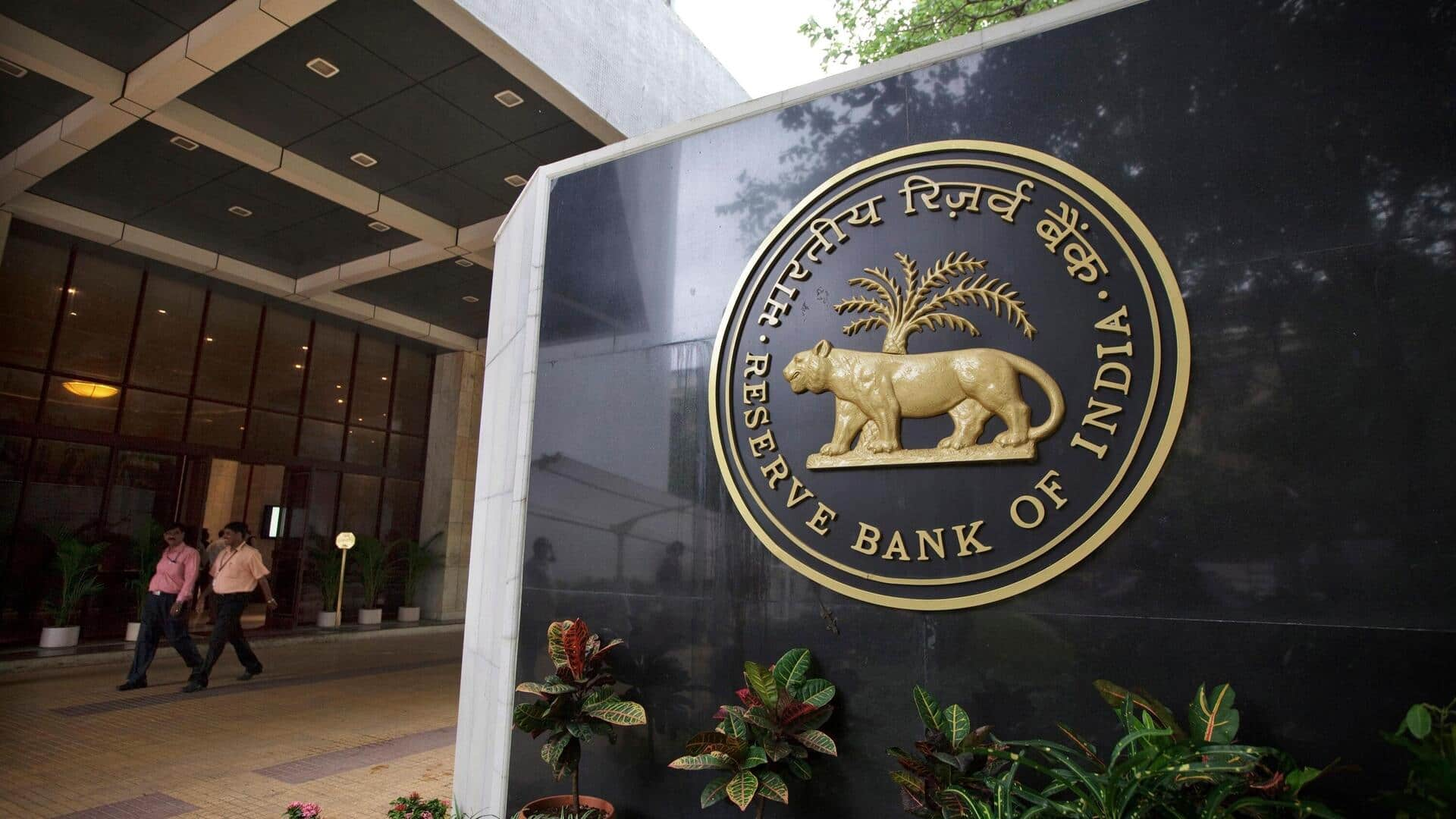
RBI considers bank-like interest rate norms for NBFCs
What's the story
The Reserve Bank of India (RBI) is mulling over the introduction of interest rate regulations for non-banking finance companies (NBFCs), similar to those applicable to banks. The move is aimed at improving monetary policy transmission and ensuring borrowers directly benefit from changes in benchmark rates. It comes as many NBFCs still rely on outdated prime lending rate (PLR) models. This results in slower or less transparent rate transmission compared to banks.
Regulatory review
Annual report highlights regulatory discrepancies
In its annual report, the RBI acknowledged the existing discrepancies in interest rate regulations across different regulated entities. The central bank said a comprehensive review of these rules is currently underway. To get wider public feedback on this matter, it plans to issue a discussion paper detailing the need for a harmonized regime for interest rates on loans and advances across all regulated entities.
Stakeholder consultation
Industry stakeholders consulted in RBI's internal review
As part of its internal review process, the RBI has been consulting with industry stakeholders and experts. Suresh Ganapathy from Macquarie said banks have well-defined repo rate-linked loans and MCLR loans that the RBI can track. However, he noted that NBFCs use outdated PLR systems, making the process opaque. He stressed the need for proper alignment in this area to ensure transparency.
Supervision overhaul
Plans to enhance supervision of NBFCs
The RBI also plans to revamp its supervisory framework for NBFCs. This includes reviewing its risk-based supervision model to ensure anti-money laundering and KYC norms are effectively applied, especially for high-risk entities. The central bank also intends to conduct a thematic review to ensure NBFCs comply with fair interest rate practices and do not overcharge borrowers.